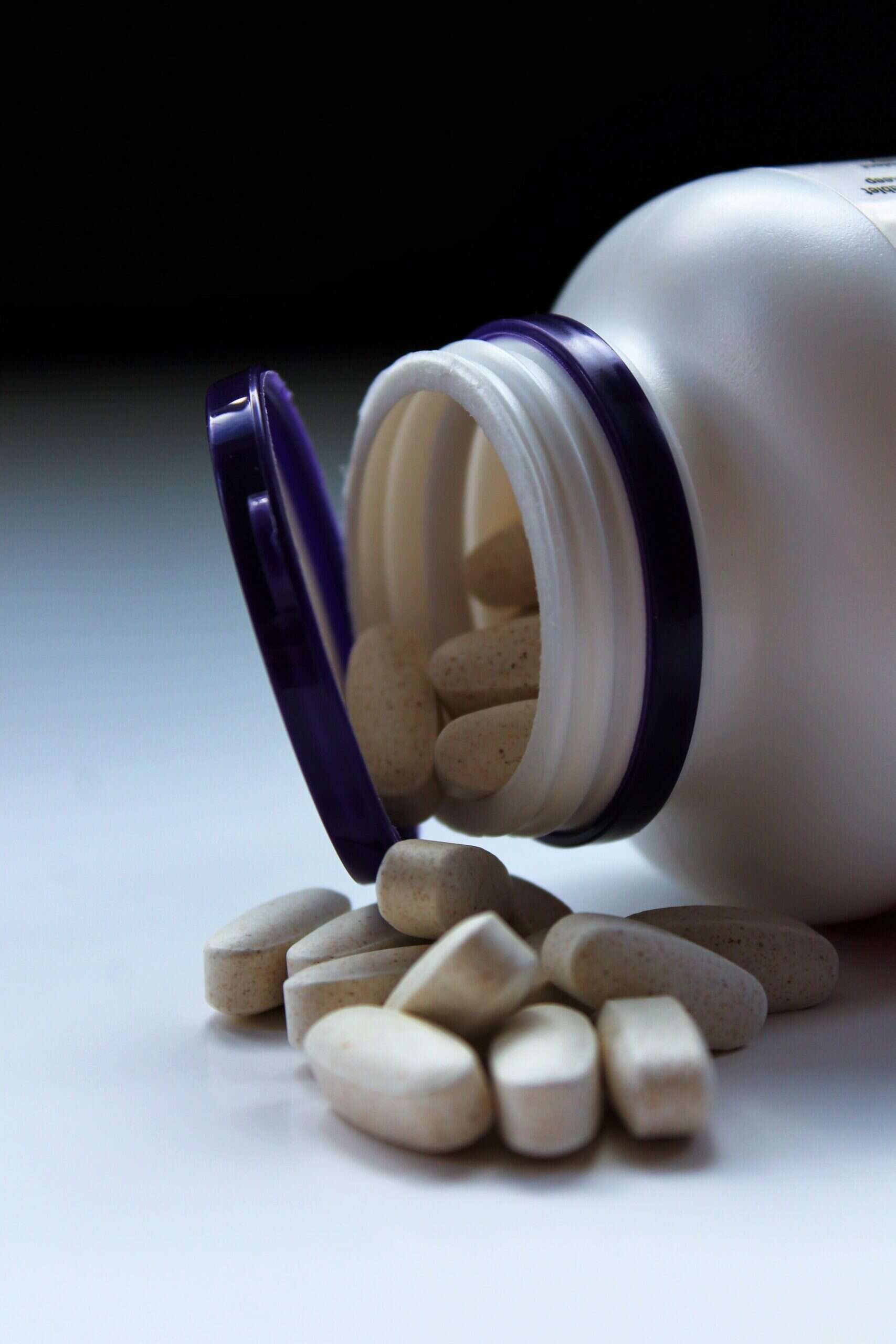What is folic acid and why is it good for your body?
Folic acid (also called vitamin B9) is one of the essential nutrients that all pregnant women need. It’s also known as a B vitamin because it plays a role in breaking down amino acids and converting them into proteins.
When should a pregnant woman start taking folic acid?
Folic acid’s primary role is to prevent neural tube defects during pregnancy. In general, women need 600 mcg of folic acid every day before becoming pregnant, and have increased needs—up to 1000 mcg per day—during their first trimester and at least 200 mcg for making breast milk in the second half of the pregnancy. The recommended daily intake for folic acid during breastfeeding ranges from 290-500 mcg/day.
But, because folic acid is so important to a woman’s health during pregnancy (and after childbirth) and breastfeeding, it is often known as that “miracle vitamin” for women.
While you may not get all the folic acid you need from food sources alone, by taking a daily supplement of folic acid before and during pregnancy, you’ll make sure you and your baby have enough.
Medical experts recommend that women at high risk of having an infant with neural tube defects take an additional 400 mcg of folic acid per day —for example, women who are over the age of 35 or those with a family history or personal history of neural tube defects.
How does folic acid help in pregnancy?
Here is 5 reasons why you should get 600 mcg of folic acid every day:
- Prevent heart defects: All babies start off developing in the womb, but there are a few months during pregnancy when the baby’s heart actually starts beating and blood is pumped through its body. This time period, from the fifth week of pregnancy to birth, is called the early development stage. This is an important time for your baby’s organs to be developing correctly. If anything goes wrong during this stage it could mean your baby ends up having a birth defect, such as a hole in their heart or problems with their kidneys or urinary tract. Folic acid helps prevent these problems. In fact, folic acid is so effective that it is one of the first things doctors recommend to women who are thinking about getting pregnant or are already pregnant.
- Prevent certain birth defects: It’s also known as a neural tube defect, but in general, any birth defect that happens in the womb because of a problem with the baby’s brain, spinal cord or nerves is called a NTD (neural tube defect). Folic acid can help your baby avoid serious complications due to an NTD because it helps create new cells and tissues in your baby’s body.
- Lower the risk of having an infant with an NTD: The Centers for Disease Control and Prevention state that taking folic acid during pregnancy can lower your risk of having an infant with an NTD by almost 60 percent. There are over 20 different types of birth defects that are considered to be NTDs. Folic acid can help prevent some but not all of these, so it’s still important to make sure you have regular prenatal checkups throughout your pregnancy.
- Decrease the risk of heart defects or spina bifida: These types of birth defects are called neural tube defects (NTDs) and they are a type of birth defect that, if your baby has it, can lead to serious physical disabilities and even death. Folic acid helps prevent NTDs by helping new cells and tissues develop properly in your baby’s body. You can learn more about NTDs here.
- Protect your baby from stillbirth: According to the University of Maryland Medical Center, folic acid can help lower the risk of stillbirth during pregnancy by anywhere from 35 to 70 percent. Stillbirth means that your baby died before you give birth.
Folic acid is added to some foods and can also be found in supplements. Learn all about what foods contain folic acid? and what is the recommended daily amount of folic acid?

